SS #82 – You Can’t Cancel Christmas
The death of culture and festivity is not a less important death than bodily. No matter what government officials say, Christmas is coming and must be honored with festive celebration – piety requires it.
In this episode, Brandy Vencel, Pam Barnhill, Mystie Winckler, and Abby Wahl discuss how festivity and scholé fits into the curricular framework found in Kevin Clark & Ravi Jain’s PGMAPT formulation in The Liberal Arts Tradition. With occasional timely musings about how festivity is different and difficult this season, they return to our responsibility to keep up the cheer – because we do have a hope that extends beyond the grave, a true reason to truly celebrate with as many of our number as we can.
Listen to the podcast:
TUNE IN:
Apple Podcasts | Spotify | Stitcher
How piety, festivity, and community go together
Today’s Hosts and Source
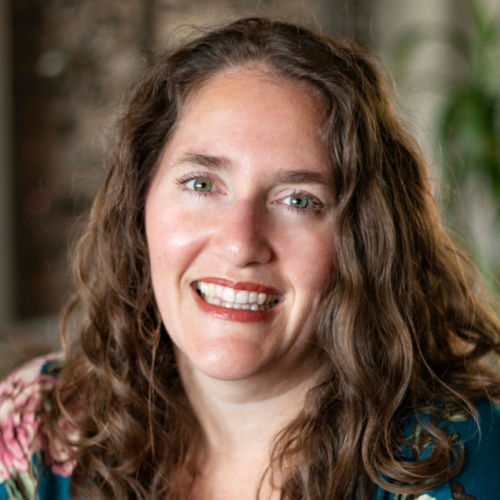
Brandy Vencel
A Charlotte Mason homeschool mom of 4, with children ages 18-12, Brandy’s favorite Christmas tradition is driving around town with her family, looking for the best Christmas lights.
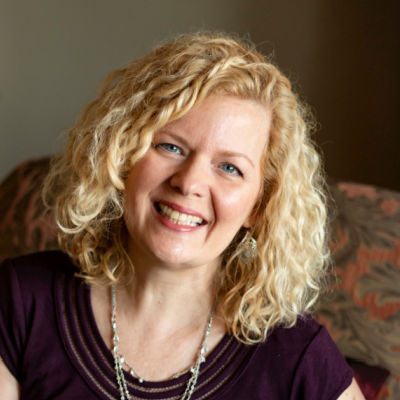
Pam Barnhill
A homeschool mom of 3, with children ages 15-11, Pam’s favorite Christmas tradition is remembering aloud with her brothers and mother the Christmas they had nothing.

Mystie Winckler
A classical homeschool mom of 5, with children ages 17-8, Mystie’s favorite Christmas tradition is having a fresh, live tree strung with lots and lots of lights in the house.
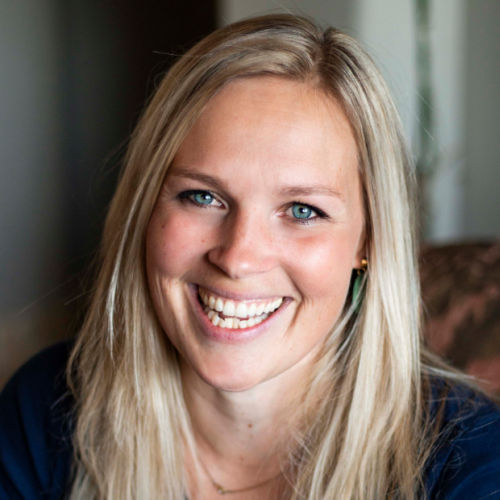
Abby Wahl
A homeschool mom of 5, with children ages 16-10, Abby’s favorite Christmas tradition is making and serving a yule log and plentiful cinnamon rolls.

Our episode today was inspired by the section on Piety in The Liberal Arts Tradition by Kevin Clark and Ravi Scott Jain, particularly pages 15-23 & 231-256.
“It is this promise that beauty, goodness, and truth could be embodied in a single moment of corporate life that festival represents.”
The Liberal Arts Tradition: A Philosophy of Christian Classical Education, p. 250
Scholé Every Day
Signing Their Lives Away, Denise Kiernan and Joseph D’Agnese
Pam purchased this book at Cracker Barrel, and found it to be a good reminder of what the founding fathers risked in order to secure liberty for the country.
The Shortest History of Europe, John Hirst
Mystie’s history category for her 5×5 includes summary, big picture titles, and this is one of them. Hirst claims Europe is made of Greek & Roman learning, plus Christianity, plus Germanic warriors.
Painting as a Pastime, Winston Churchill
Eloquence, Mark Forsyth
Abby appreciated Churchill’s perspective on what is actually scholé: painting as observation and meditation. Plus in her Liberal Arts 5×5 category, Eloquence is a humorous romp through style as developed by English’s best practitioners.
A Jane Austen Education, William Dershewicz
Brandy enjoyed a man’s perspective on the life-changing power of good novels and how themes from Austen’s novels are played out.
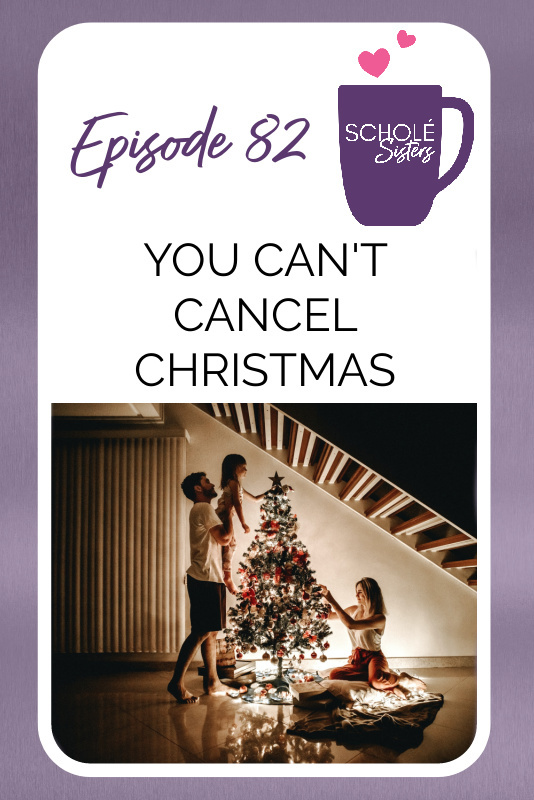
Festivity is the ultimate scholé
If we have scholé that is not festive, it might not even be scholé, leisure, at all. Festivity is an active affirmation and acceptance of life. In The Liberal Arts Tradition, Clark and Jain have expanded what the liberal arts really are, but in their framework (PGMAPT), where does scholé fit?
Scholé is a part of piety as well as philosophy and theology, the foundation and the culmination both of education. Festivity begins in piety, which then, when it moves through gymnastic, music, and the liberal arts, it becomes cultured and matured into contemplation and worship in philosophy and theology.
Festivity is made of traditions, both of which transmit culture
We ought not be quick to throw them overboard for the sake of transient health. Piety is the observing of manners, duties, and traditions with respect. Holidays are holy-days. Festivity is forward-looking to the day when we will participate in the Marriage Supper of the Lamb. Celebration is more ultimately real than viral activity or sibling conflict or government overreach.
“Piety for the ancients and for Calvin suggested a faithful devotion manifest in one’s actions – piety in word and act. This devotion was not merely an emotional commitment to God or one’s elders. It included the subjection of one’s will and the pattern’s of one’s life.”
The Liberal Arts Tradition, p. 18
We in 2020 are out of shape for festivity, but the workout is worth it
Our capacity is diminished as our ability to celebrate socially is out of practice after months of irregular and canceled gatherings. Particularly for introverts, reversing the trend of the year will be exhausting – but in the same way a long walk after being sedentary is.
Go into the holidays expecting it to be hard. That’s why we need to be reminded of how important and non-option – how essential – it truly is to gather with others in celebration of what matters eternally.
Political discontent and outrage is anti-festive
People are discouraged. Piety is the antithesis of discouragement – Both piety and festivity teach us to bear our suffering with patience and hope.
Outrage and grumbling will not make the world better. It will only keep us unfestive, ungrateful, and unproductive. The protest we need is to faithfully, patiently, joyfully keep the feast.
We need festivity to remind us that there is a hope and a future.
Abby Wahl, Scholé Sisters podcast episode 82
Piety happens in community, in the church
Christmas must include and involve the church, more broadly than your immediate family. Christians put courage into one another by being together, meeting and encouraging.
We aren’t meant to do life and culture alone.
Even if your church services and activities are different this year, part of piety in our celebration is cheerfully participating in what is available without complaining about what isn’t. Submission to the hierarchy of legitimate authority is also a piece of piety we ought not neglect.
It’s not canceled school that’s harming our kids’ education most
It’s canceling the rituals, the culture, the piety lived out and made beautiful.
How one generation can pass its culture on to the next comprised the central question of education. […] The contemporary educational project, which tires to educate in a value-neutral way, is not sustainable. […] It is fundamentally impious.
The Liberal Arts Tradition, p. 22
Without mythos (story), logos (reason), and practices, there is no real culture and no meaningful education either. We currently have little to work with, and even less than usual this year, so what we do have we must make the most of and not neglect or easily dismiss.
Deployment, death, and more might disrupt your Christmas – the same principles apply
COVID is not the only disappointment and trial happening this year. In the past, present, or future, many other and worse suffering and trials might try to steal our attention and joy.
The principle to remember is that Christmas is not about you or me. It is a time set apart to remember in beauty and community that Christ came into the broken world to make it – and us – new.
Festival is part of a fully integrated life
Do your part in your own family and circumstances to bring the joy and focus to the forefront this Advent and Christmas season.
Mentioned in the Episode
The Liberal Arts Tradition: A Philosophy of Christian Classical Education In Tune With The World
In Tune With The World ESV Illuminated Bible, Art Journaling Edition (Cloth over Board, Navy)
ESV Illuminated Bible, Art Journaling Edition (Cloth over Board, Navy) Josef Pieper: Leisure : The Basis of Culture: Including the Philosophical ACT (Paperback); 2009 Edition
Josef Pieper: Leisure : The Basis of Culture: Including the Philosophical ACT (Paperback); 2009 Edition
Listen to previous years’ Christmas episodes:
SS#167: The Causes of Christmas
SS #150: ‘Tis the Season of Joyful Sacrifice
SS #133 – Mom Is the Magic of Christmas
SS #116 – Feasting in a time of fasting

Want to talk about the ideas presented here? Conversation about this epsiode is happening here inside Sistership.
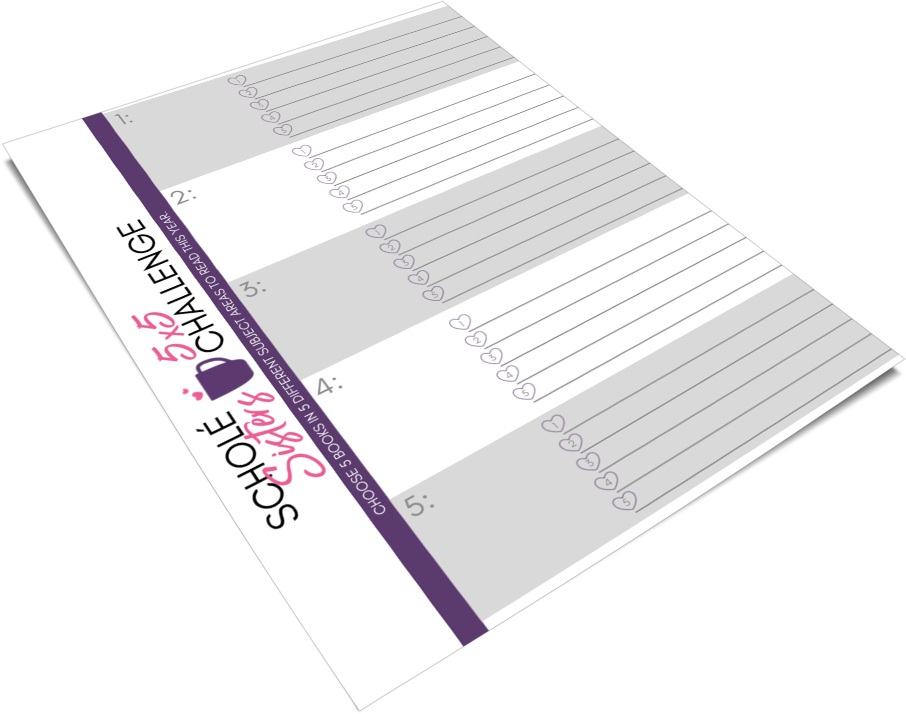

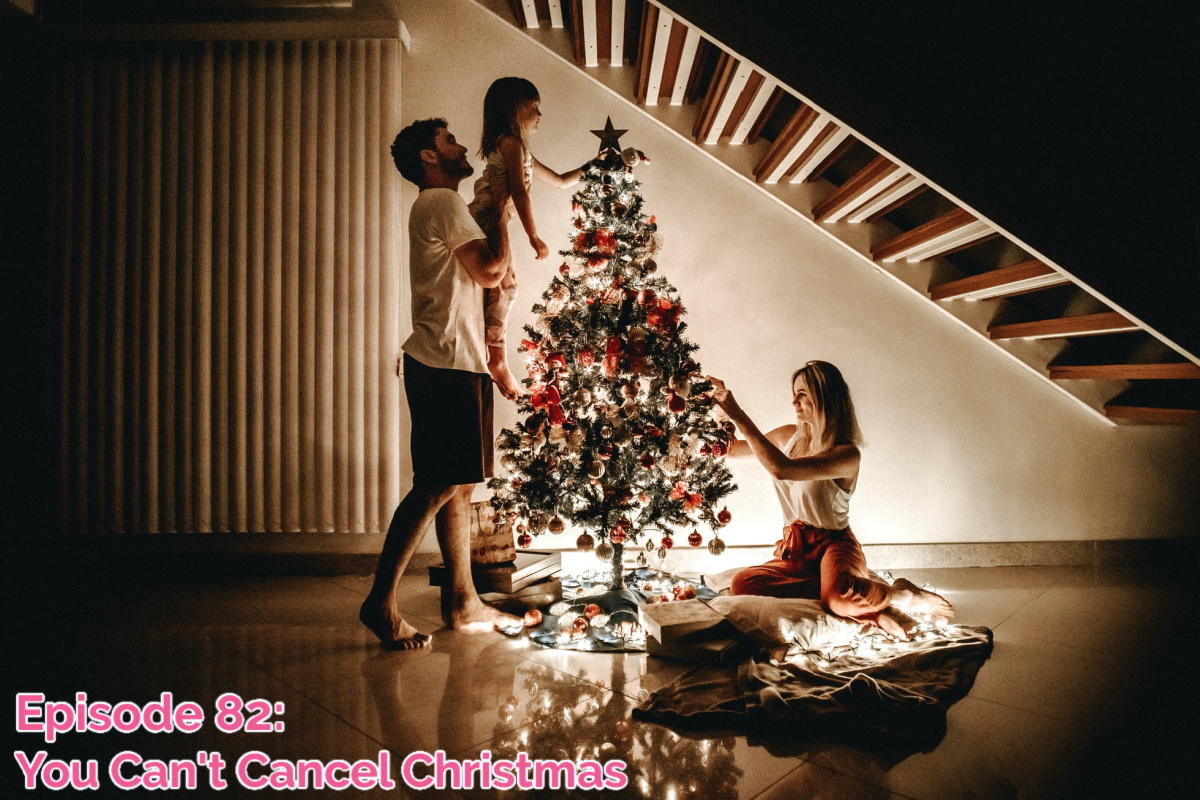





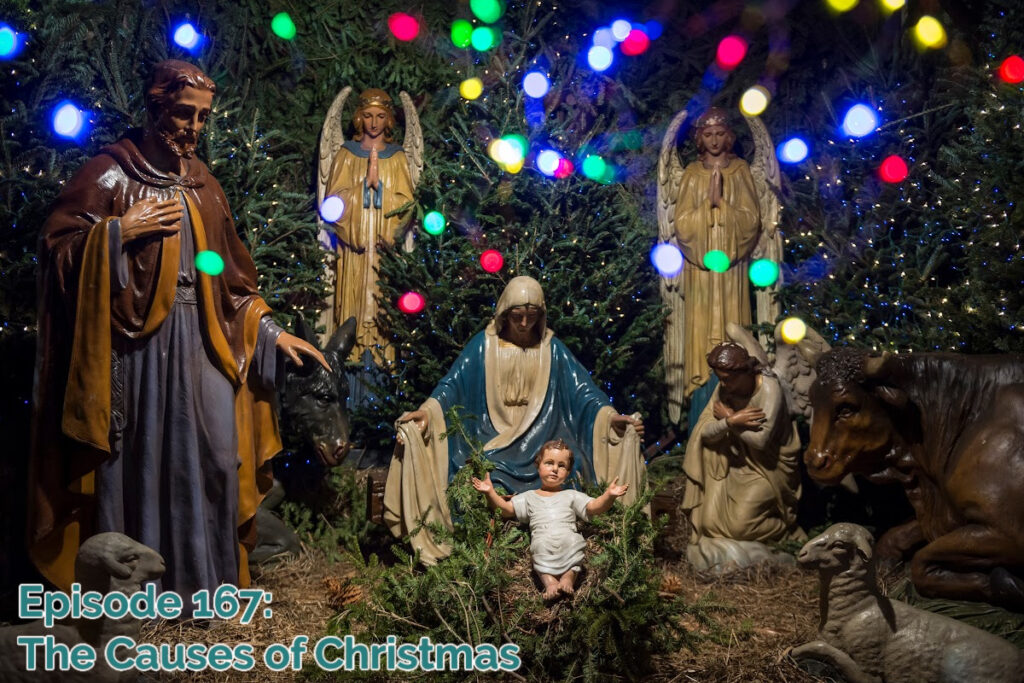

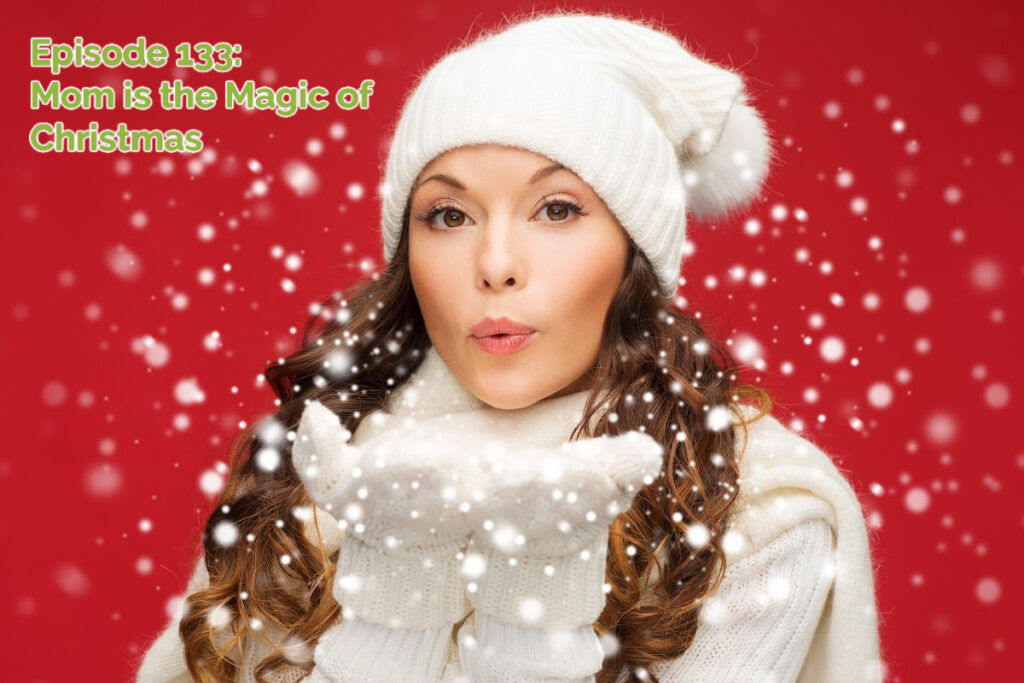
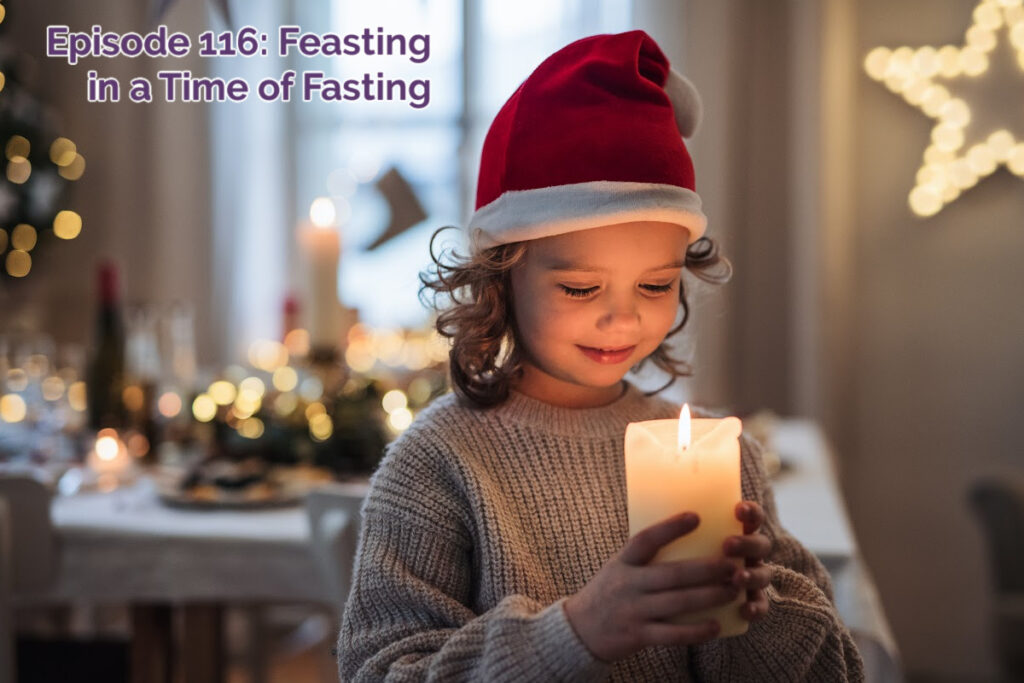

One Comment
Comments are closed.